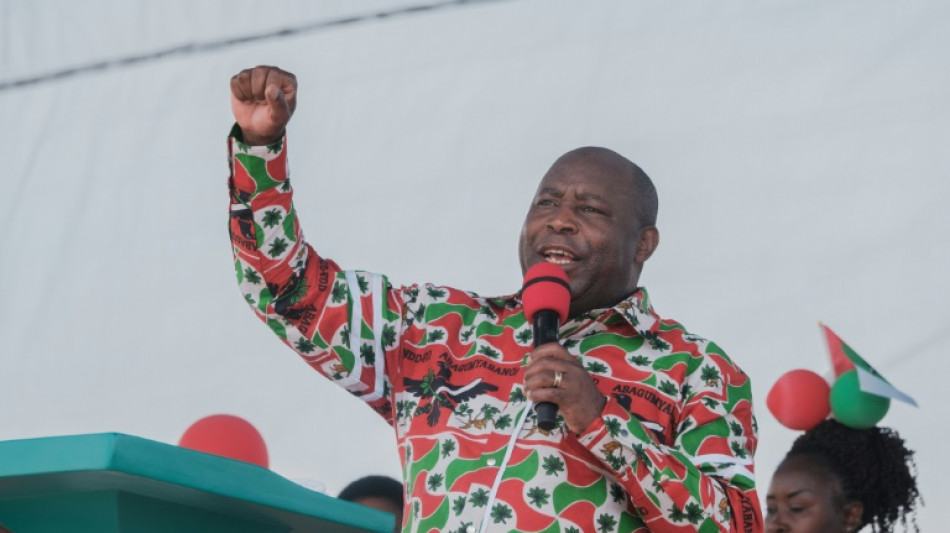
-
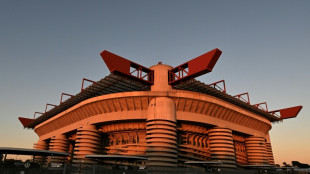 San Siro on course for demolition after sale to Inter and AC Milan approved
San Siro on course for demolition after sale to Inter and AC Milan approved
-
Trial opens over Bangkok murder of French-Cambodian ex-MP
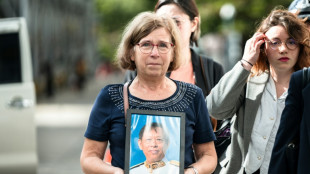
-
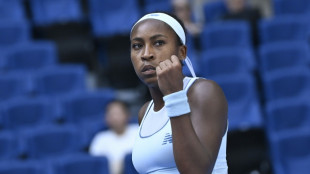 Gauff survives tense Bencic test to reach Beijing quarter-finals
Gauff survives tense Bencic test to reach Beijing quarter-finals
-
US careens toward government shutdown as both parties dig in
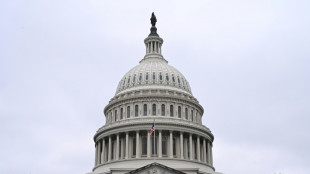
-
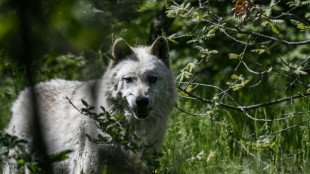 Wolf attack in Greece prompts calls for hunting rights
Wolf attack in Greece prompts calls for hunting rights
-
Trump to address rare mass meeting of US military leaders
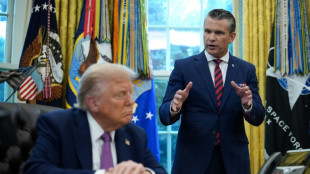
-
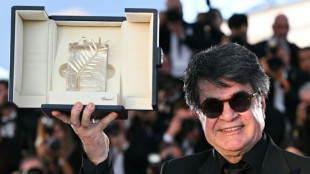 Iranian director Jafar Panahi defies censors again with new film
Iranian director Jafar Panahi defies censors again with new film
-
Taliban impose communications blackout across Afghanistan
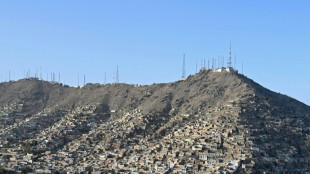
-
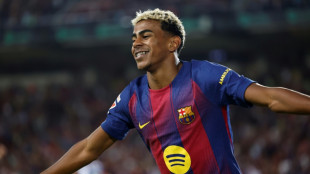 Barca's Yamal eyes up PSG after Ballon d'Or miss
Barca's Yamal eyes up PSG after Ballon d'Or miss
-
PSG facing injury crisis as Barcelona present first big test
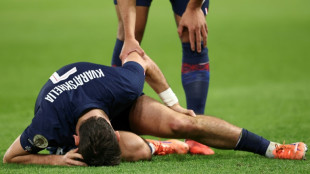
-
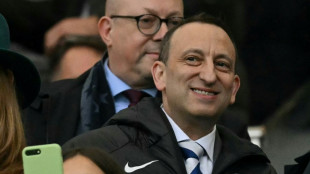 British bettor Bloom's football empire blossoming with Belgian club USG
British bettor Bloom's football empire blossoming with Belgian club USG
-
US tariffs on lumber imports set for October 14
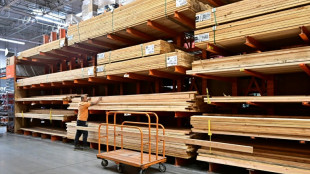
-
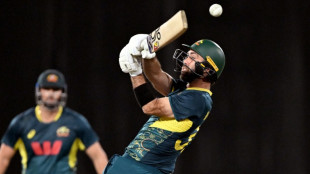 Australia lose Maxwell for New Zealand T20s after freak net blow
Australia lose Maxwell for New Zealand T20s after freak net blow
-
India plans mega-dam to counter China water fears
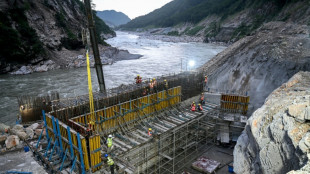
-
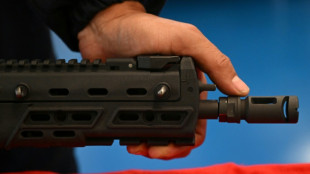 Colombia manufactures its first rifles to replace Israeli weapons
Colombia manufactures its first rifles to replace Israeli weapons
-
Stocks rise, gold hits record as rate cuts and shutdown loom
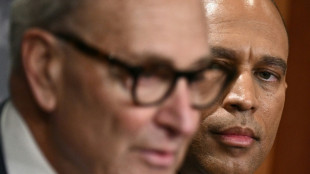
-
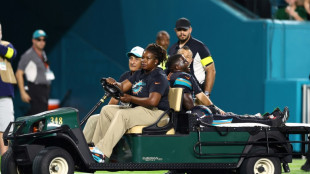 Dolphins star Hill suffers gruesome injury in Jets clash
Dolphins star Hill suffers gruesome injury in Jets clash
-
Paralympics' vote to lift Russian suspension 'bold step' as conflict rages: ex-IOC executive
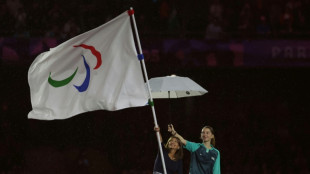
-
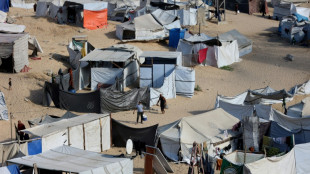 Gazans say Trump's peace plan a 'farce'
Gazans say Trump's peace plan a 'farce'
-
UN Security Council to vote on future of foreign Haiti force
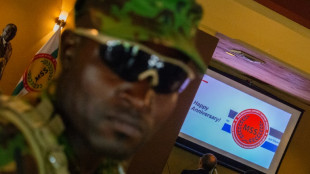
-
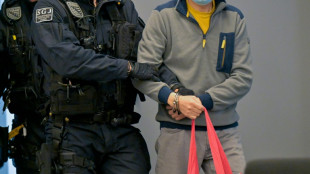 Far-right German MP's ex-aide faces verdict in China spy case
Far-right German MP's ex-aide faces verdict in China spy case
-
YouTube to pay $22 million in settlement with Trump
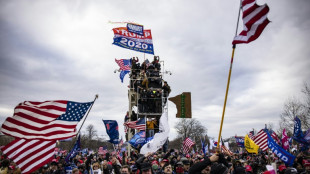
-
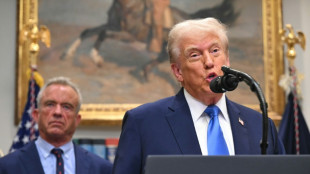 Internet outrage over Trump's AI conspiracy video
Internet outrage over Trump's AI conspiracy video
-
Coalition of states vows to protect access to abortion pill under Trump review
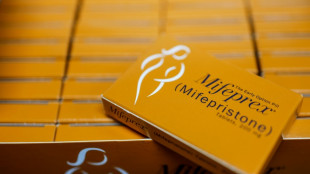
-
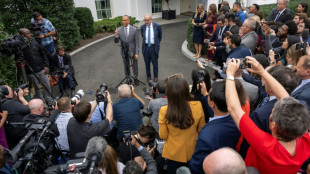 Trump meets Democrats without breakthrough on imminent shutdown
Trump meets Democrats without breakthrough on imminent shutdown
-
Muslim states join EU powers in backing Trump Gaza plan
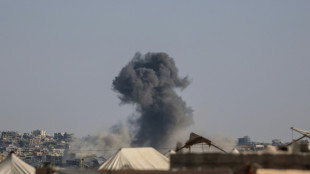
-
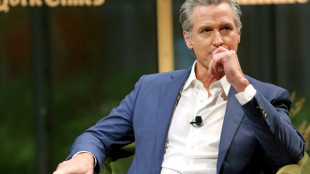 California enacts AI safety law targeting tech giants
California enacts AI safety law targeting tech giants
-
Creator says AI actress is 'piece of art' after backlash
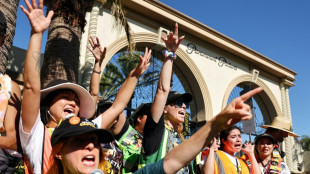
-
 Nuno makes his point as West Ham rescue Everton draw
Nuno makes his point as West Ham rescue Everton draw
-
Slot challenges Liverpool players to 'give their all' against Galatasaray
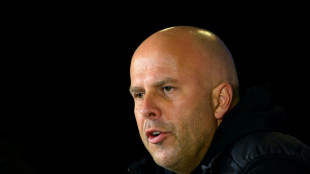
-
 Dodgers eye rare repeat as MLB playoffs get under way
Dodgers eye rare repeat as MLB playoffs get under way
-
Solanke surgery leaves Spurs struggling for strikers
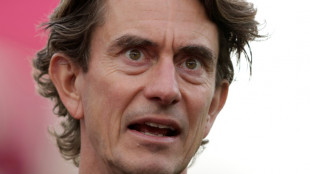
-
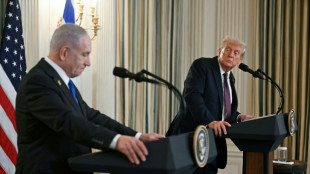 Trump's Gaza peace plan wins Netanyahu backing
Trump's Gaza peace plan wins Netanyahu backing
-
New-look Paris Fashion Week kicks off with Saint Laurent
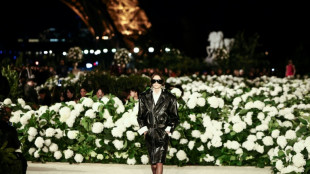
-
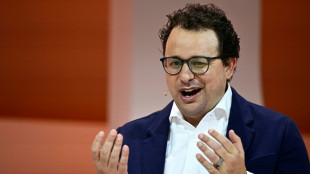 Anthropic launches new AI model, touting coding supremacy
Anthropic launches new AI model, touting coding supremacy
-
Trump announces Gaza peace plan, with Netanyahu backing
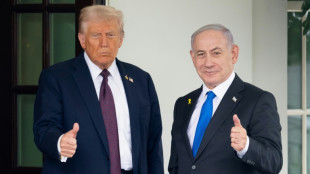
-
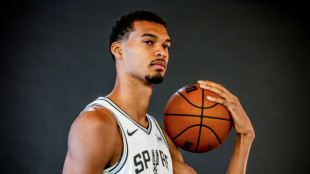 'Better, stronger' Wembanyama can't wait for NBA return
'Better, stronger' Wembanyama can't wait for NBA return
-
LeBron relishing 23rd season as retirement draws near
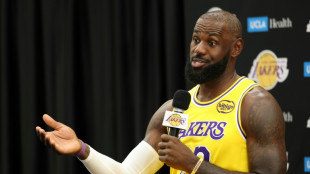
-
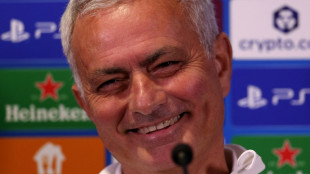 'Always a blue': Mourinho expects Chelsea fans to show respect
'Always a blue': Mourinho expects Chelsea fans to show respect
-
Michigan governor asks to 'lower the temperature' after church attack
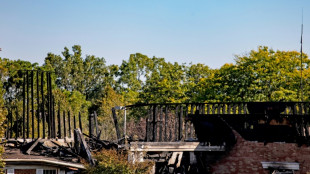
-
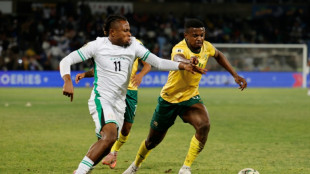 S. Africa lose World Cup qualifying points over ineligible player
S. Africa lose World Cup qualifying points over ineligible player
-
Rugby chiefs open to R360 role in women's game after World Cup success
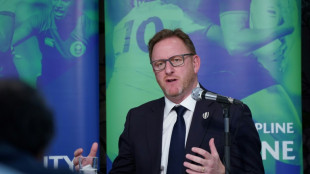
-
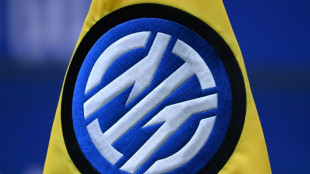 Inter Milan announce 35.4 million euro profits ahead of San Siro vote
Inter Milan announce 35.4 million euro profits ahead of San Siro vote
-
Madagascar protests reignite, UN says at least 22 dead
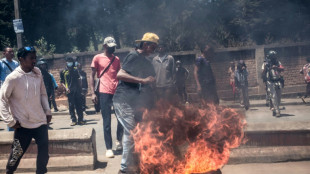
-
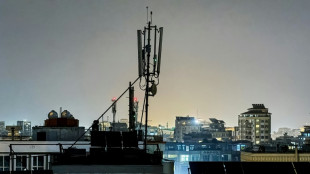 Taliban shut down communications across Afghanistan
Taliban shut down communications across Afghanistan
-
Serbia arrests 11 accused of stirring Jewish-Muslim hate in France, Germany
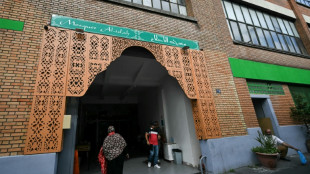
-
 J.K. Rowling attacks 'ignorant' Harry Potter star Emma Watson
J.K. Rowling attacks 'ignorant' Harry Potter star Emma Watson
-
Electronic Arts to be bought by Saudi-led consortium for $55 bn
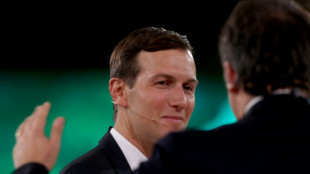
-
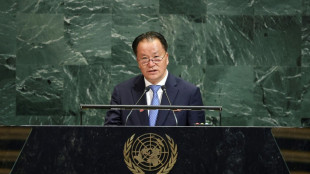 N.Korea vows at UN never to give up nuclear
N.Korea vows at UN never to give up nuclear
-
Hamilton reveals 'hardest decision' over dog's death
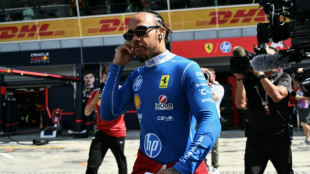

Burundi votes but with opposition neutered
Burundi votes for a new parliament on Thursday but with little risk of an upset after the main opposition was effectively barred from running.
The impoverished, landlocked country in east Africa has seen decades of ethnic violence, civil war and authoritarian rule.
The ruling CNDD-FDD party of President Evariste Ndayishimiye is accused of undermining its main opponent, the National Freedom Council (CNL), which came second at the last election in 2020 and claimed it was cheated.
In 2023, the interior ministry suspended the CNL over "irregularities" in the way it organised its meetings.
Then last year, the CNL ousted its leader, former militia commander-turned-politician Agathon Rwasa, while he was abroad.
He was replaced by someone considered close to the ruling party, Nestor Girukwishaka, a former minister and senior executive at a state-owned company -- in what critics described as a government-orchestrated coup.
The government then passed new rules that effectively barred Rwasa and his allies from joining other opposition parties or standing as independents.
A Burundian analyst, who requested anonymity for fear of reprisals, said the ruling party was taking no chances because the elections were taking place amid "a very deep socio-economic crisis".
The analyst said the country was facing "all sorts of shortages, galloping inflation of more than 40 percent per month and growing popular discontent".
- 'Very difficult for us' -
President Ndayishimiye took over following the death of his predecessor, Pierre Nkurunziza, who had isolated the country with his brutal and chaotic rule since 2005.
While Ndayishimiye has been seen as relatively less authoritarian, Burundi's human rights record remains poor, with journalists, activists and opposition figures all facing severe repression.
One of the candidates for Thursday's election, Patrick Nkurunziza -- no relation to the previous president -- of the opposition coalition Burundi for All, told AFP the campaign had been "very difficult for us".
He said his members faced "threats, harassment and sometimes even attacks" from a government-aligned youth league known as the Imbonerakure.
A group of media executives last month accused the Imbonerakure of arresting and torturing a journalist while he tried to work at the University of Burundi in the capital Bujumbura.
A fuel shortage that has largely paralysed the country for nearly three years also made it difficult for opposition candidates to operate, said Nkurunziza.
"In the absence of Agathon Rwasa's CNL, the CNDD-FDD is sure to win," said the analyst.
Most of the other candidates are "token candidates, who are there just to show that democracy is still happening in Burundi", they added.
Burundi experienced decades of ethnic violence and civil war up to 2005.
Under a peace agreement signed in 2000, seats in the parliament are split 60-40 between the two ethnic groups, Hutu and Tutsi.
Burundi remains one of the world's poorest countries with almost two-thirds living below the World Bank's poverty line of $2.15 per day.
D.Bachmann--VB
